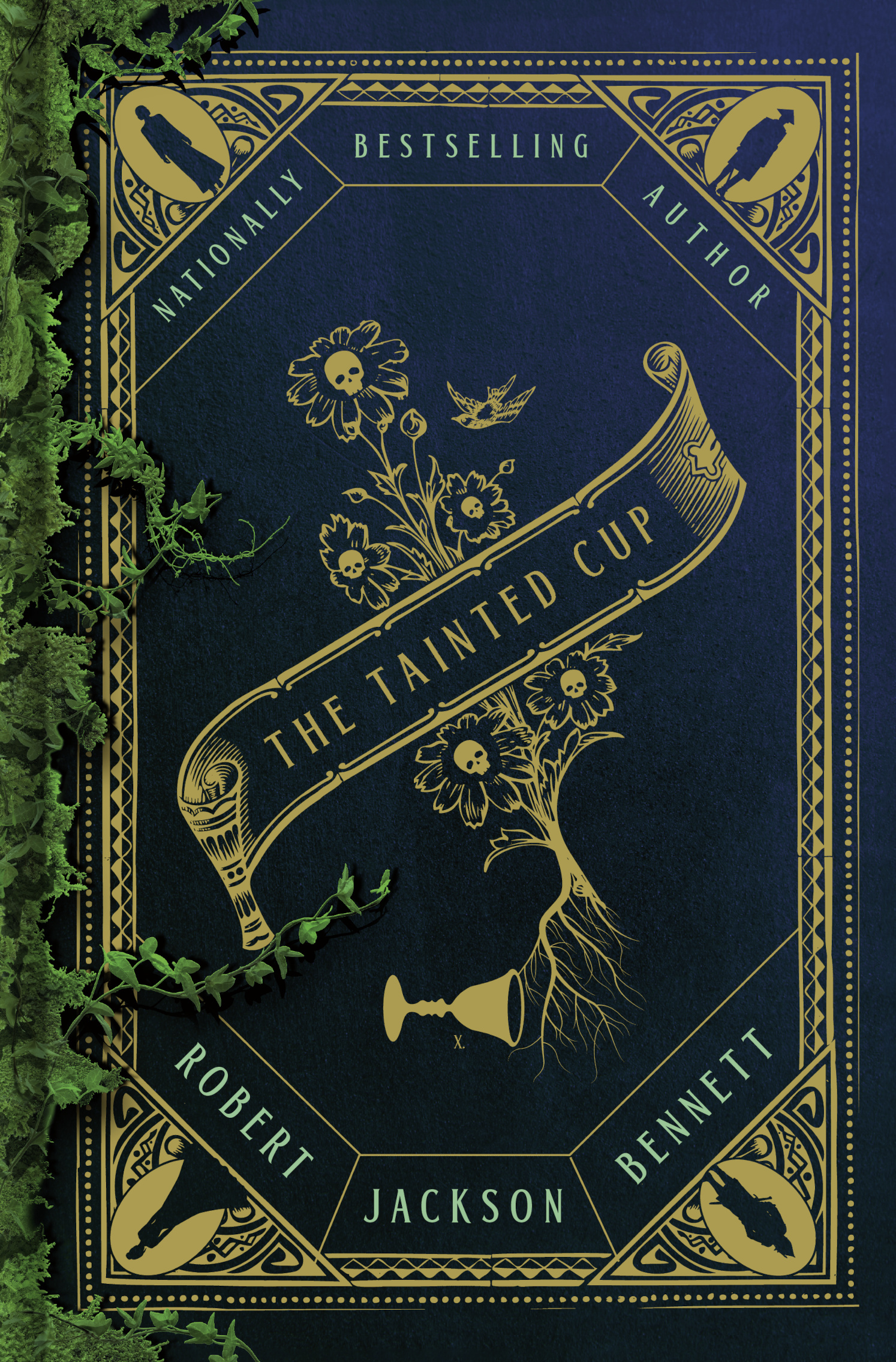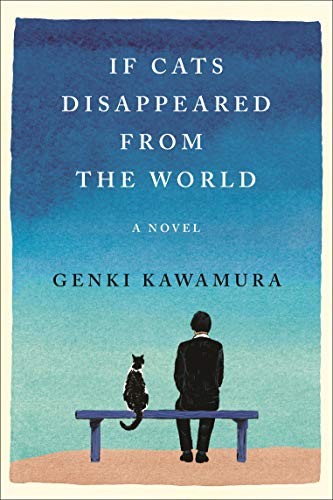Ben Steele reviewed We Do Not Part by Han Kang
Only by keeping an open wound can we heal?
5 stars
I more or less grew up on the story of the Grandmothers of the Plaza de Mayo in Buenos Aires. I was introduced to their presence in high school, have seen them circle in the plaza well into the 2010s, and continue to find them brought up.
Han Kang's latest novel is a quiet, snow-muted vision of what hiding these pasts and successfully demolishing remembrance looks like. Framed by the idea of a pair of reattached fingers which must be made to bleed every three minutes in order to ensure healing, Kang sends protagonist Khungha to visit her friend's home during a blizzard that leaves her apart from the outside world in a way to force her to reckon with this small space and its meaning to a larger loss across the island.
I haven't read Human Acts yet, which I know this was designed to pair with. …
I more or less grew up on the story of the Grandmothers of the Plaza de Mayo in Buenos Aires. I was introduced to their presence in high school, have seen them circle in the plaza well into the 2010s, and continue to find them brought up.
Han Kang's latest novel is a quiet, snow-muted vision of what hiding these pasts and successfully demolishing remembrance looks like. Framed by the idea of a pair of reattached fingers which must be made to bleed every three minutes in order to ensure healing, Kang sends protagonist Khungha to visit her friend's home during a blizzard that leaves her apart from the outside world in a way to force her to reckon with this small space and its meaning to a larger loss across the island.
I haven't read Human Acts yet, which I know this was designed to pair with. I would imagine reading this in conjunction with a series of books on the American Century, such as The Jakarta Method, Prisión verde, The Kiss of the Spider Woman, and Ainda Estou Aqui.















